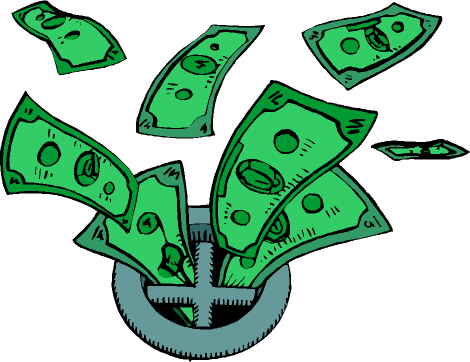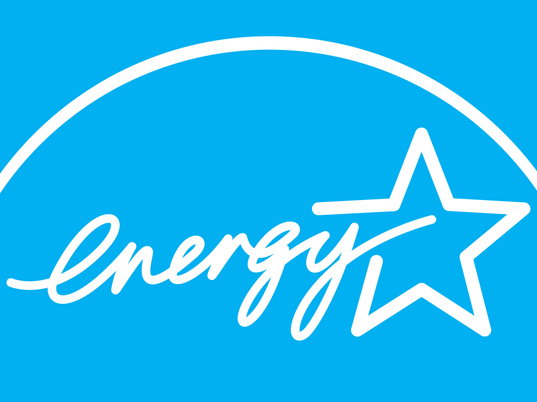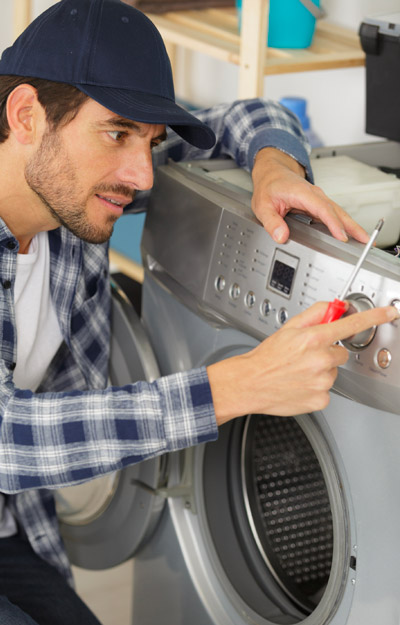Make sure you haven't got the discount earlier.
Appliance Parts
- Accessories
- Dishwasher
- Dryer
- Stove / Oven
- Microwave
- Refrigerator
- Washer
- See more... See less...
Lawn Equipment Parts
- Lawn Mower
- Chainsaw
- Blower
- Generator
- Air Compressor
- Lawn Tractor
- Pressure Washer
- See more... See less...
Save On Energy-Guzzling, Electricity-Sucking Appliances
We all want to make a difference by helping our environment and we'd love to save some money on our power bills, but let's face it - when it comes to energy-guzzling major home appliances, getting rid of them is not an option. So when you're stuck with a necessity that could be doing damage to the environment and your wallet, what's a homeowner to do? It comes down to compromise and taking action to minimize the damage. And the best place to start is with some of the greediest appliances in the home.

The first offender is one of the most used appliances in any home, the refrigerator. Many people don't have a clue that their refrigerator accounts for 5% of their yearly energy bill, a figure that doubles if your fridge is made before 1993. Combine this with bad habits, such as leaving the door open while you select your midnight snack, and you've got a sure fire way to waste energy and money. Since you can't simply shut off your refrigerator, make it more energy efficient by doing things like cleaning the coils on the backside and underneath. A fridge will cycle less when the coils are free of dirt and debris and a steady temperature of 35-38 degrees Fahrenheit helps make a difference too. It's also a good idea to make sure your fridge is kept away from heat sources, such as ovens and heaters, and to leave a space between the wall and fridge for air to circulate. Of course, don't forget to minimize the time you leave the door open when deciding what to munch on.
The next greedy guzzler on the list is the clothes dryer, which is typically the second biggest electricity sucker in the home. In fact, clothes dryers are so inefficient they haven't even earned an EnergyStar label. There isn't much you can do to make your clothes dryer more earth-friendly (aside from splurging for a new, more efficient model) but you can avoid over-drying by using your dryer's moisture sensor settings so it shuts off when your clothes are dry. You should also only run it with full loads, keep the lint trap clean, and if you really want to make a difference on your bill, grab some rope and clothespins and make a good old fashioned clothes line.
The dishwasher may feel like a necessity to many but for the most part, owning one is really a luxury and an energy sucker. But don't feel bad just yet, you can have your cake and eat it too if you use your dishwasher wisely. First, only run the dishwasher if there is a full load of dishes and let them air dry rather than wasting all that energy the dishwasher uses. Another no-brainer is to try to use fewer dishes in the course of a day. Fewer dishes mean fewer loads and that means fewer dollars of your money going down the drain. And lastly, make sure you only pre-rinse your dishes when necessary (burnt on food) and if you've pre-rinsed them by hand, don't run the pre-rinse cycle when you do your load of dishes. Need more green ideas for your dishwasher? Treehugger.com is always a great resource.
The clothes washer is not an appliance anyone wants to live without but don't let that stop you from using it more efficiently. The truth of it is, there is one very simple thing you can do to save 90% of the energy a clothes washer consumes ' wash in cold water. This is the biggest reason why washers are considered energy guzzlers and even using the warm water option will cut the energy used by half. Since a washer uses pretty much the same amount of energy regardless of load size, running full loads as much as possible is another energy saving tip. In fact, there are several seemingly small things you can do to save energy with your washing machine.

Granted the best way to make an impact on the amount of energy your appliances use is to invest in some EnergyStar appliances. They do cost a little more but in the long run, they'll save you money on your energy bills and really help the environment. But if you don't have the extra green in your wallet to buy new appliances, don't despair. There are several easy things you can do today to make your home more green. Eliminate some bad habits, make a few small sacrifices and most importantly be conscious of what you're appliances are doing, or rather consuming.
For more energy saving tips:
Photo Credit:
- Search your model number to find:
- Genuine OEM parts guaranteed to fit
- Free manuals and guides
- Repair instructions and videos


































